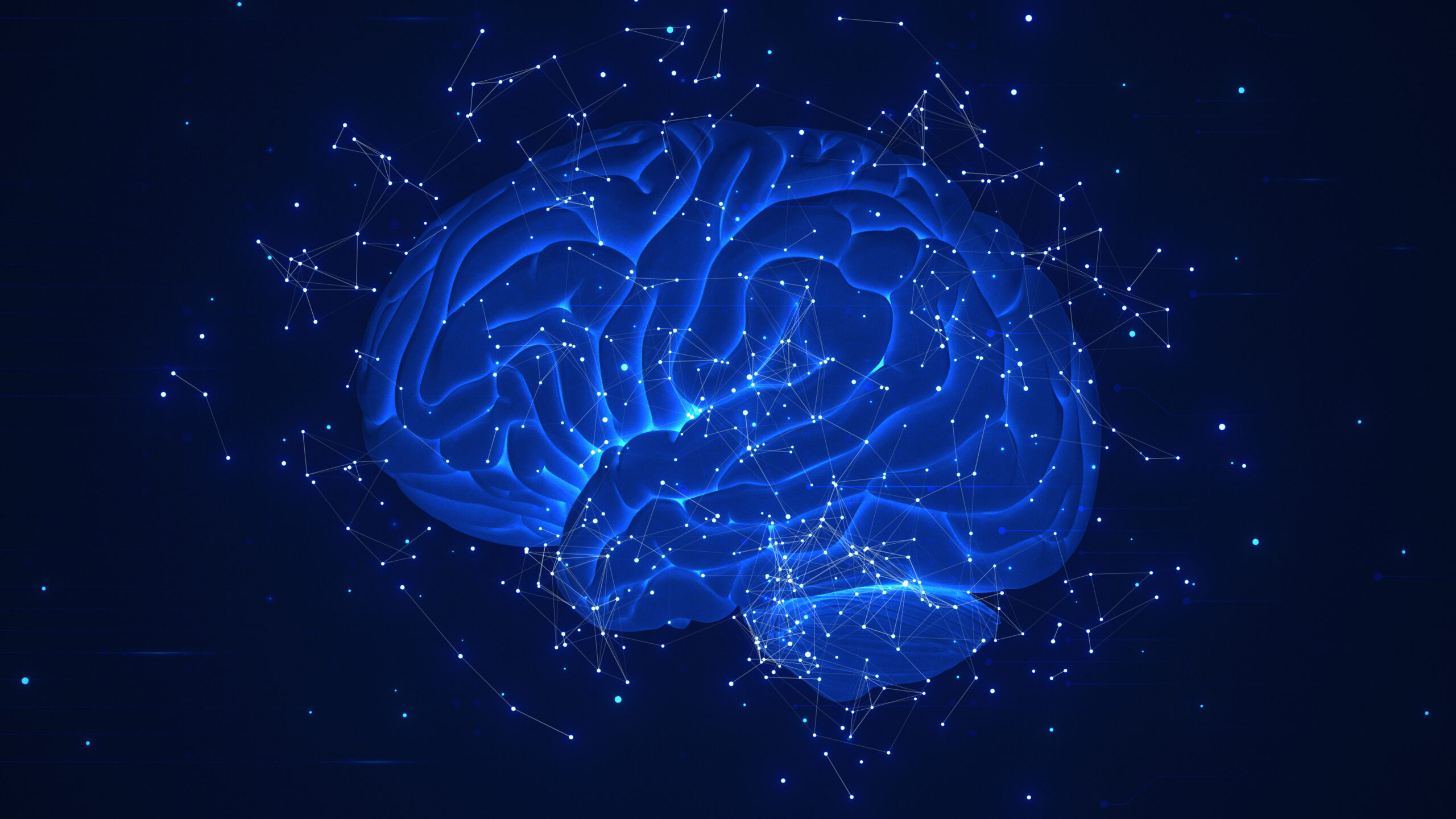Research
As we live our lives, we experience the environment through our five senses, which transmit information to our brain where perceptions and memories are ultimately formed.

Activities that are beneficial to survival (eating, reproduction, etc.) or positive social interactions that promote a sense of well-being and positive mood, are reinforced through activation of a “reward system” within the brain. This system, together with associated memories, motivate us to repeat behaviors that have a positive influence on our lives.
Unfortunately, this elegant system can be hijacked by drugs and alcohol. In response to exposure to these substances, the brain produces an exaggerated reward that re-directs our motivation toward drug-seeking and away from healthy behaviors that would otherwise have positive benefits in our lives.

Making matters worse, repeated drug use causes adaptations in the brain such that increased frequency of use and dose are needed to achieve a satisfactory “reward,” thus focusing our attention and motivation on the next use. In other words, addiction is when you give up everything to have one thing (the drug). Recovery is when you give up the one thing (the drug), to have everything.
Treatment and long-term recovery require better understanding of these neurological processes in order to develop new therapeutic approaches and diagnostic tools. Behavior modification and cognitive therapies, together with support groups and medication are crucial elements for recovery back to a healthy lifestyle.
Substance use disorder is incredibly complex, involving individual genetics, environment, access and neuronal circuits such as the “reward system,” all of which are considerations in the research projects and treatment paradigms here at the National Center for Wellness and Recovery.
Our Projects
The NCWR Neuroscience Research Team is conducting research to advance the science that underlies opioid use disorder, chronic pain and their mechanistic intersections.
Our Strategy
The NCWR partners with industry, academia and government agencies working in the field of pain and addiction. We seek partners dedicated to solving the problems of the opioid epidemic